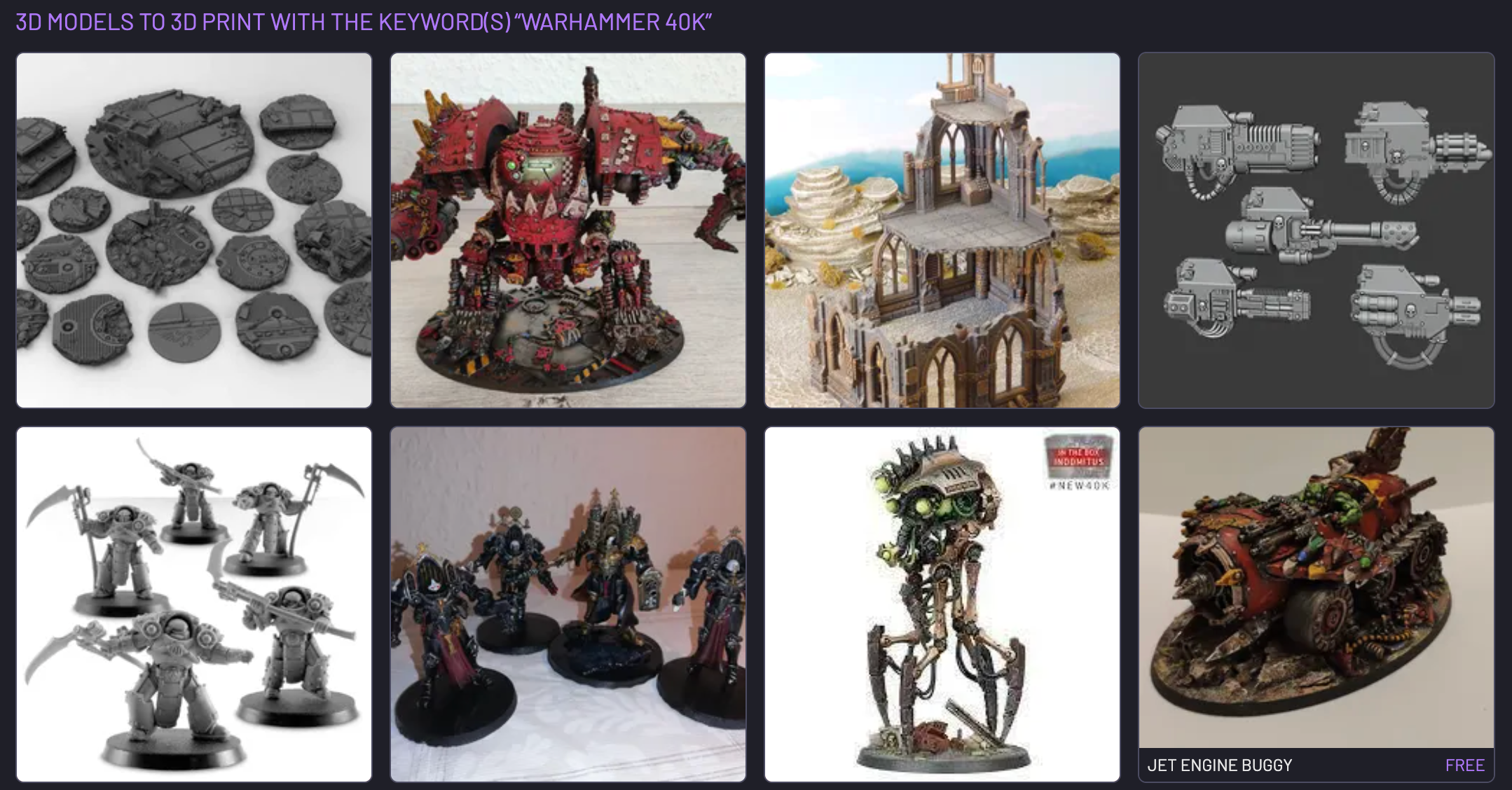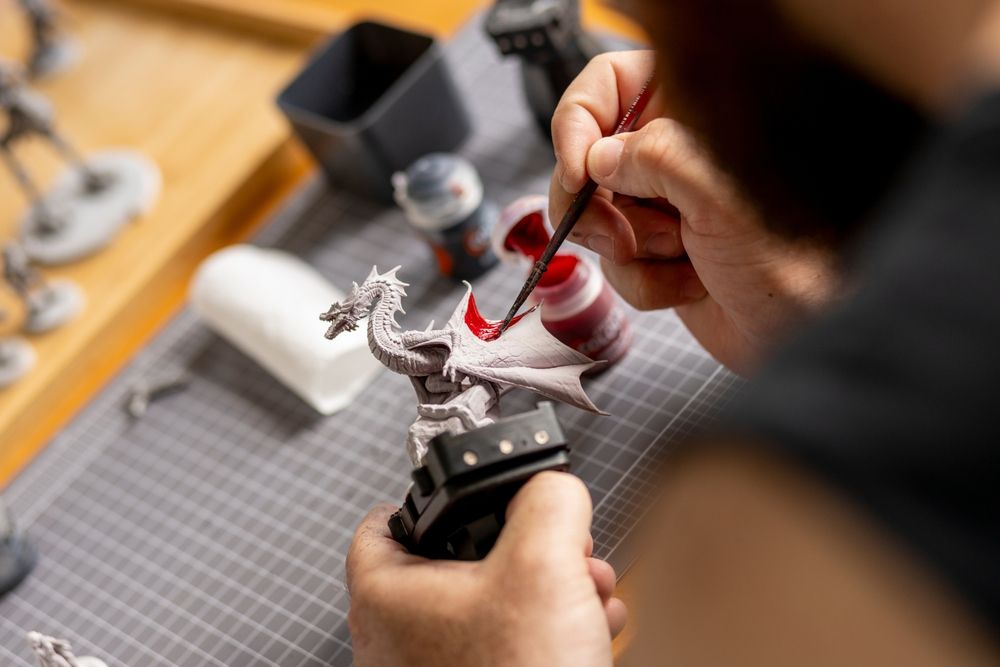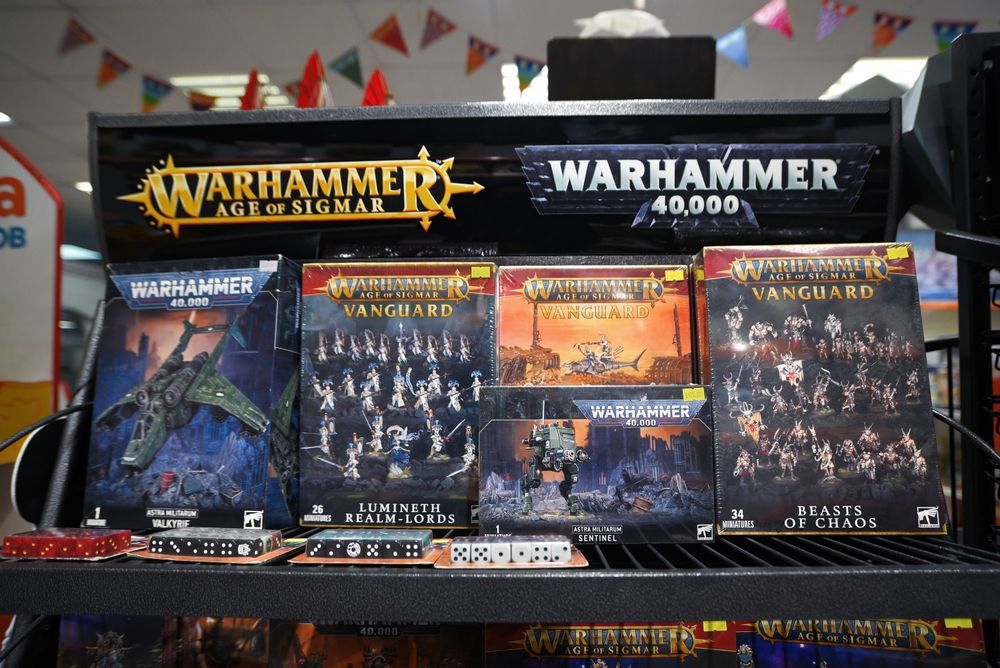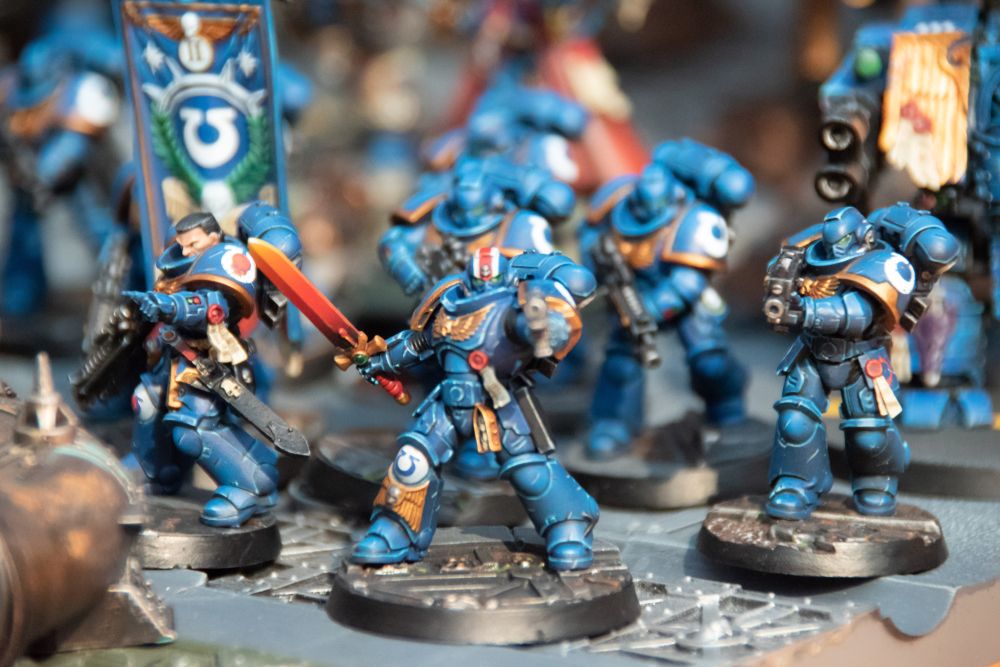Why Is 3D Printing So Controversial in the Tabletop World?

Tabletop gaming has always relied on the sale of physical items like books and miniatures, so that the companies that support these games can stay in business.
At the same time, there’s a long tradition of tabletop players making their own stuff to use for playing at home, and in some cases even at events. However, with the advent of 3D printing, and especially cheap high-quality FDM printers, theres some controversy in these communities, and it’s not clear how it will be resolved.
3D Printing Is Changing Who Makes the Money
Until 3D printers entered the mainstream, it had never really been possible for regular folks to create detailed plastic models. The injection-molding method used to make, for example, Warhammer figures can cost literally millions of dollars, and every time you need to make a new die for a new figure, that’s thousands of dollars that need to be recouped.
It’s not such a big deal if you can sell millions of little figures at a profit, but 3D printing upends that process. Now anyone with a $300 3D printer can download a file from the internet (or create their own) and print just the number of figures they need. Sure, the quality still isn’t as good as the injection-molded stuff, but it can get really close and with a good paint job you might not even notice.
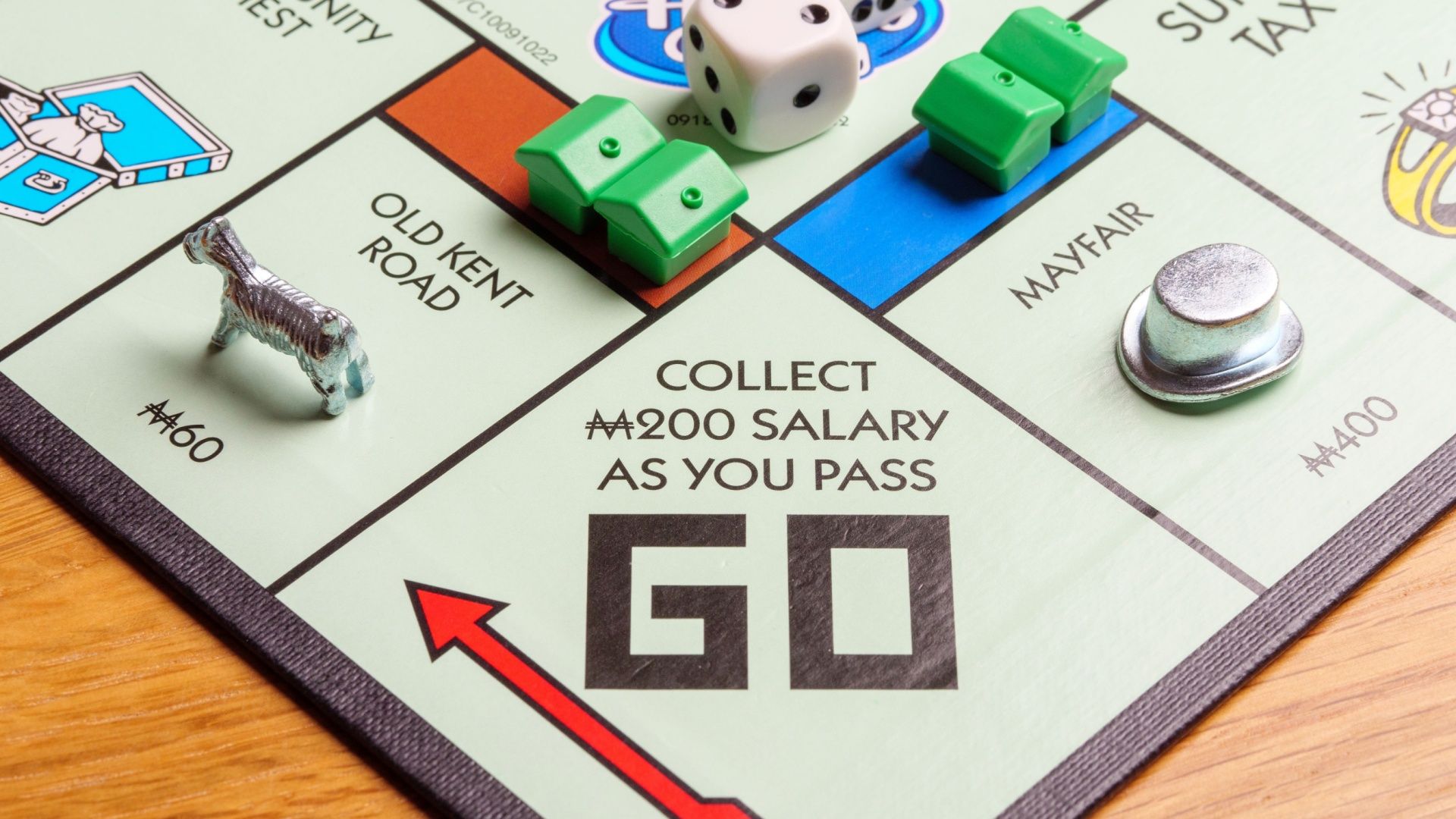
Related
6 Tabletop and Board Games That Are Way Better As Video Games
I prefer my tabletops virtual.
Piracy or Passion Project? Depends Who You Ask
There’s obviously the copyright elephant in the room. Printing copies of a licensed design is illegal, but what about creating your own design based on that IP? If you’re not selling it, it’s no different than fan art. It’s just a 3D model instead of a picture.
So if you’re printing out unofficial models to fill out your army, where’s the harm in that if you’re just playing for fun with friends? In the case of Warhammer specifically, its owner, Games Workshop, has softened its stance on 3D printed designs (as reported by Spiky Bits) at official tournaments even.
As long as you’ve designed the parts yourself, and can prove it, you’re good to go. However, they specifically ban prints of third-party commercial designs.
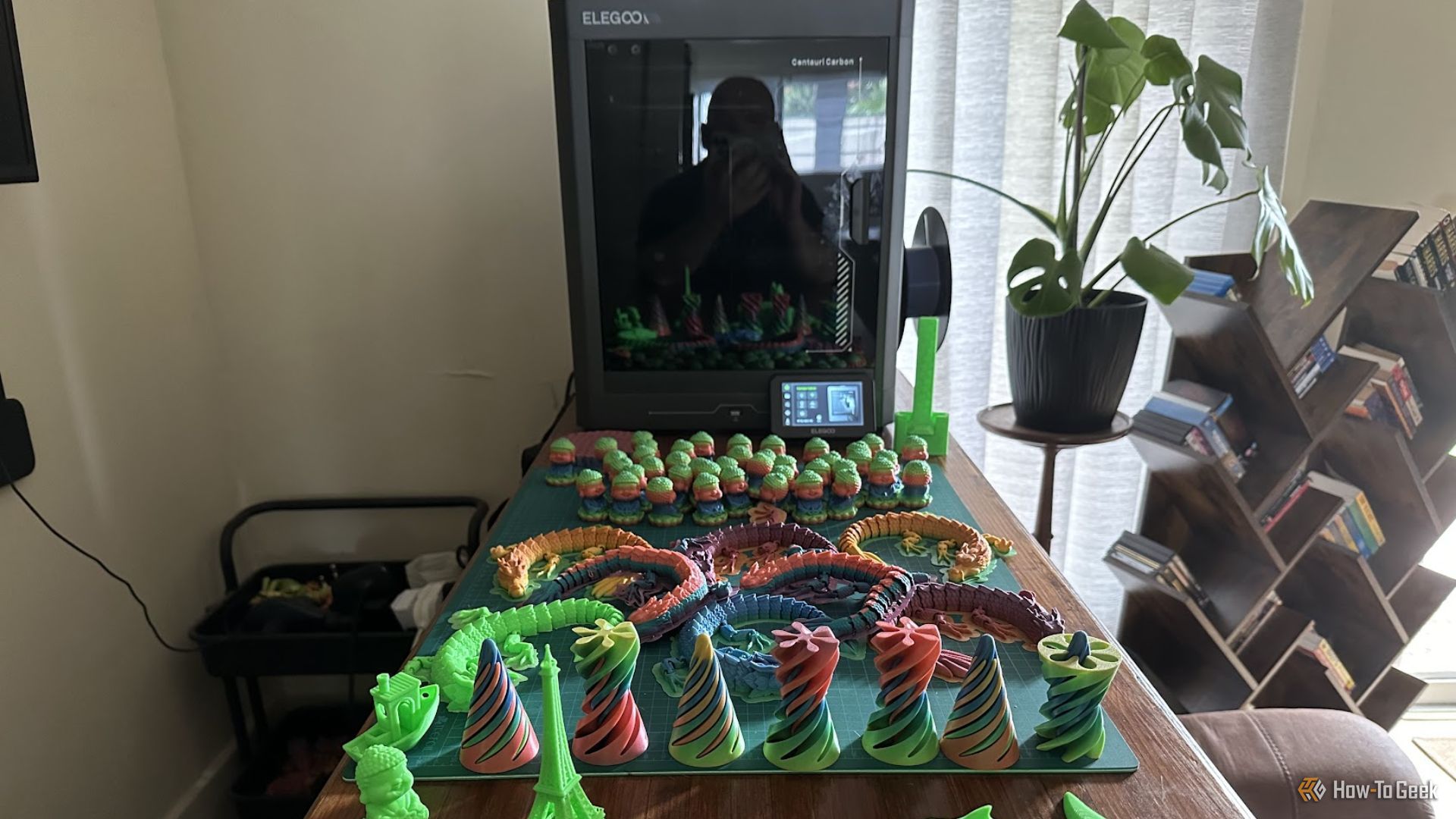
Related
Elegoo Centauri Carbon Review: There’s No Reason to Buy Anything Else
Elegoo blows the bottom out of the market.
It’s Never Been Cheaper to Join the Hobby—and That’s a Problem for Some
Getting into tabletop gaming that involves plastic miniatures is not cheap. There are people with collections that they’ve invested thousands of dollars and hours in, who are none too pleased by the whole idea that someone can just print as many models as they like for a few cents a piece.
On the flipside, it’s possible that this lowering of the bar might draw more people into the hobby with smaller budgets. Some of these people may end up spending some money on official products, and on average the companies involved might make even more money, not less. Only time will tell.
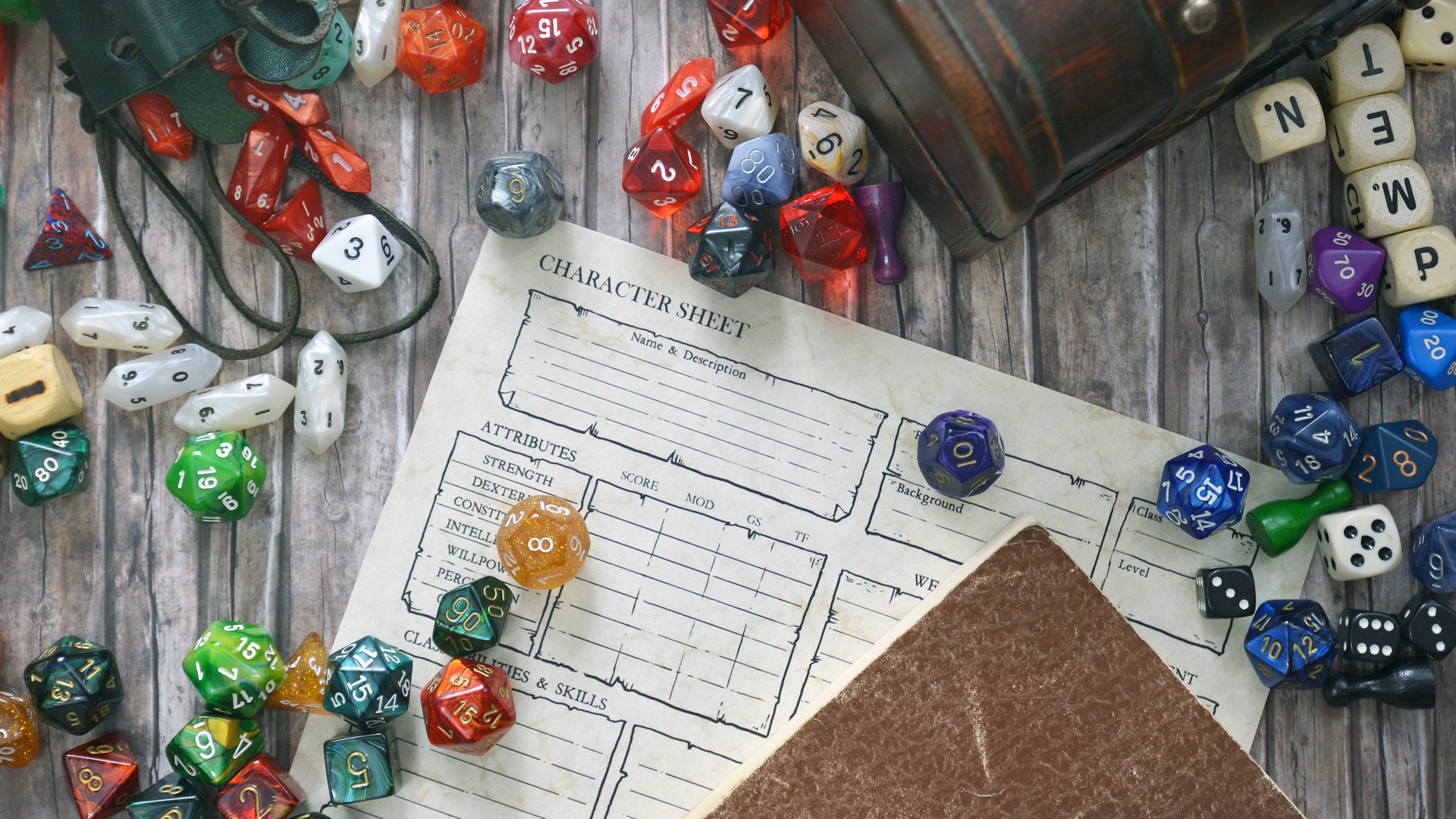
Related
The Best Tabletop RPGs That Aren’t ‘Dungeons & Dragons’
There are more tabletop RPGs out there beyond “Dungeons & Dragons,” so come see our favorite picks and find one to play with your friends.
Big Companies Can Push Back—But Should They?
In general, it doesn’t seem like any tabletop companies are going after individuals who print their own tabletop stuff for personal use, and as I just pointed out, some like Games Workshop have even started allowing these in official play. However, there has to be some level of intellectual property defense here.
It makes the most sense to go after those people who are selling bootleg designs for profit, especially where customers might be legitimately confused as to what’s official and what’s not. However, there are also plenty of solo, talented sculptors who might make their models available for a small fee and the optics of going after them might not be great.
That does bring up the interesting possibility of buying these designs, hiring the artists, or splitting the revenue with them. Tabletop gaming companies could even start selling their own licenses for people to legally print minis. There are lots of ways to approach this.
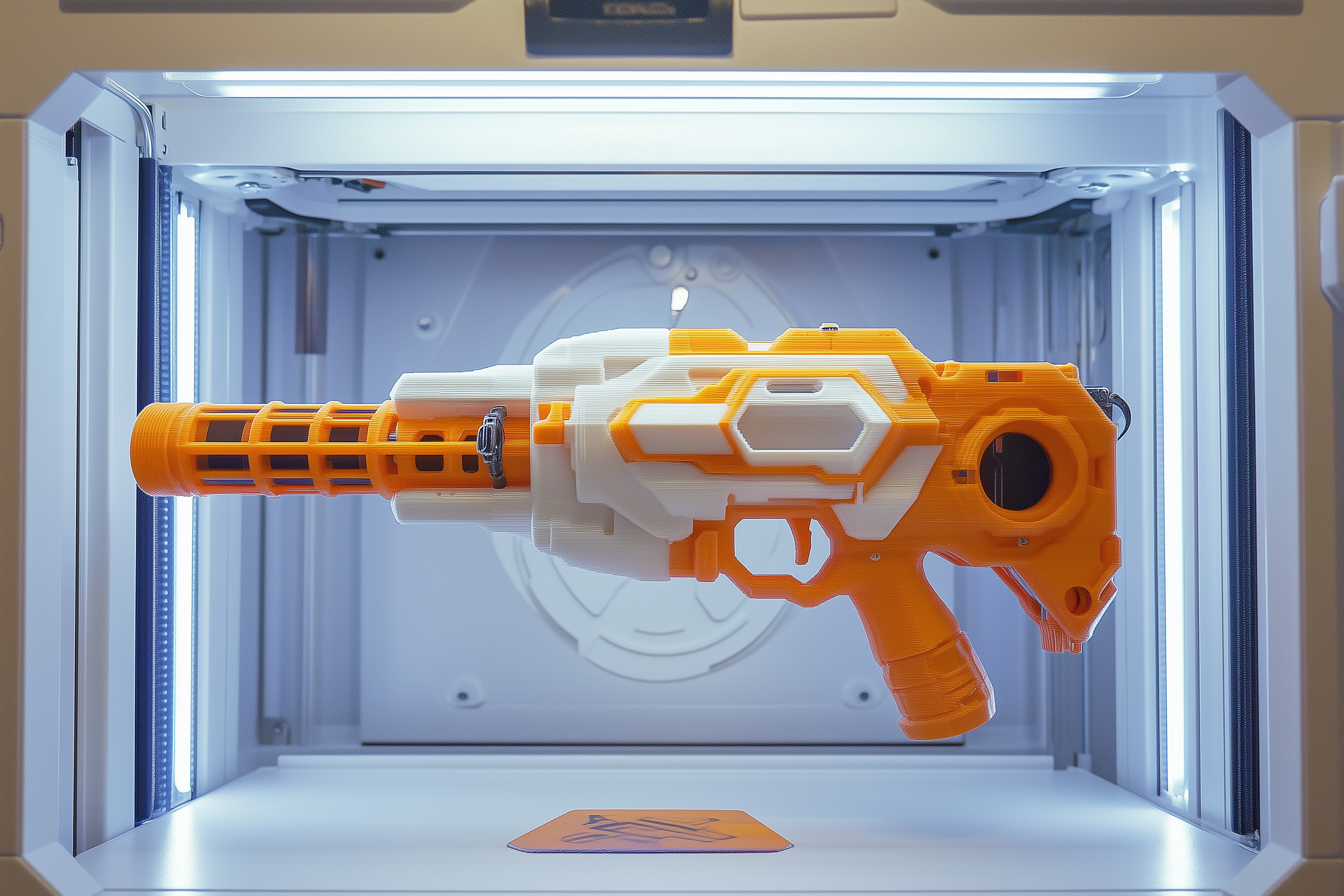
Related
How 3D Printing Is Changing the Nerf Hobby
Sometimes, war changes.
What Happens When Everyone Brings Their Own Army?
It should be no surprise that 3D printing has disrupted the tabletop gaming world to such an extent, and that players are split over the long-term effects this will have. The truth, however, is that 3D printers aren’t going away.
Besides, 2D printers have been with us for decades, and trading card games like Magic: The Gathering found a way to deal with it. It might not be the same approach that will work for 3D minis, but there has to be some way forward, or these companies will cease to exist.
Which brings up my final little thought in this emerging debate: open-source, community-owned tabletop gaming. Even if there were no more official tabletop gaming companies, the existence of cheap 3D printers (which will only get better) makes it possible for communities to do it all on their own.
You could have a wiki to develop the lore and rules, volunteer designers to make the files, and players would buy 3D printers (or access to them) in order to make their armies. It might sound like a wild idea, but it’s possible today already. So maybe we’ll see something like that happen one day, Emperor-willing.
